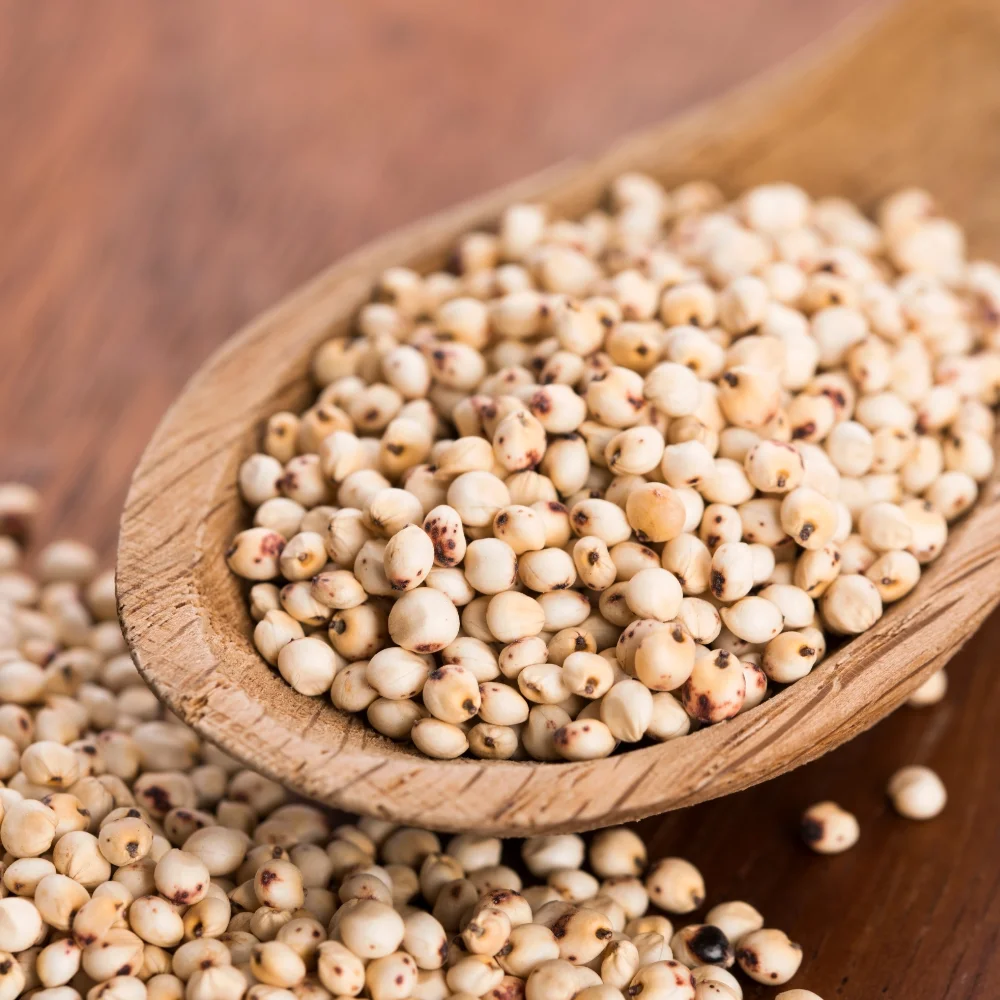It’s simple to fall victim to bad snacking habits in today’s hectic world, which can be detrimental to our health and wellbeing. But Indian food has a wealth of tasty and healthful options that can satiate our needs without sacrificing our objectives. This in-depth guide will explore the world of nutritious Indian snacks, with specific details and advice on how to include them in your regular routine.
When it comes to snacking, making healthier choices can significantly impact your overall well-being. Here are some affordable and easily accessible alternatives to commonly consumed unhealthy snacks that are widely used in various diets. One excellent swap is jamun, which can serve as a nutritious alternative to blueberries. Jamun is rich in antioxidants and offers a unique flavor profile that can enhance your snacking experience.
Jowar vs Quinoa: For those looking for a protein boost, consider jowar instead of quinoa. Jowar is high in protein and provides essential nutrients. Although quinoa and jowar are both healthy gluten-free grains, jowar has a few benefits. First of all, jowar is a more sensible option for regular consumption because it is more widely accessible and reasonably priced in many regions of India. Second, iron and calcium, two important elements that are frequently deficient in the Indian diet, are abundant in jowar. Furthermore, jowar releases glucose into the bloodstream more gradually than quinoa due to its lower glycaemic index, which helps to control blood sugar levels. Lastly, jowar may bring diversity and intrigue to dishes with its unique nutty flavour and chewy texture.
Dark Chocolate vs Deserts: If you have a sweet tooth, dark chocolate is an ideal substitute for milk chocolate. Dark chocolate contains less sugar and more cocoa, offering health benefits such as improved heart health when consumed in moderation. Compared to milk chocolate and many sweets, dark chocolate has a higher cocoa content and hence provides various nutritional benefits. It is abundant in antioxidants, which aid in shielding cells from harm brought on by free radicals. Flavonoids, which are included in dark chocolate, have also been connected to better heart health by lowering blood pressure and improving blood flow. Compared to sweeter milk chocolate or sweets, the bitter flavour of dark chocolate generally encourages people to eat less calories. Dark chocolate offers a combination of flavour and nutrients, making it a healthier and more fulfilling indulgence than many other sweet treats—moderation is the key.
Ghee vs Oils: In cooking, consider swapping oil with ghee for its rich flavor and health benefits; ghee contains healthy fats that can aid digestion. Compared to conventional oils, clarified butter, or ghee, has a number of benefits. Conjugated linoleic acid (CLA), a form of fatty acid that has been connected to several health advantages like weight control and decreased body fat, is abundant in it. Ghee also has a high smoke point, which makes it perfect for cooking at high heat without burning or releasing toxic substances. Ghee is suitable for people with lactose intolerance or dairy allergies because it is lactose-free, unlike many other oils. Additionally, the unique nutty flavour of ghee can improve the flavour of food. Given its high saturated fat content, ghee should be used in moderation; nevertheless, when used in moderation and with other oils, it can be a healthier and more adaptable option.
By incorporating these healthy alternatives into your diet, you can enjoy satisfying snacks without compromising on nutrition or taste. Indian food has a plethora of tasty and nutritious snack options that can support you in reaching your health objectives. You can have enjoyable snacks without sacrificing your health by include these substitutes in your diet. Recall that selecting complete, unprocessed foods and paying attention to your body’s hunger signals are the keys to healthy snacking.









